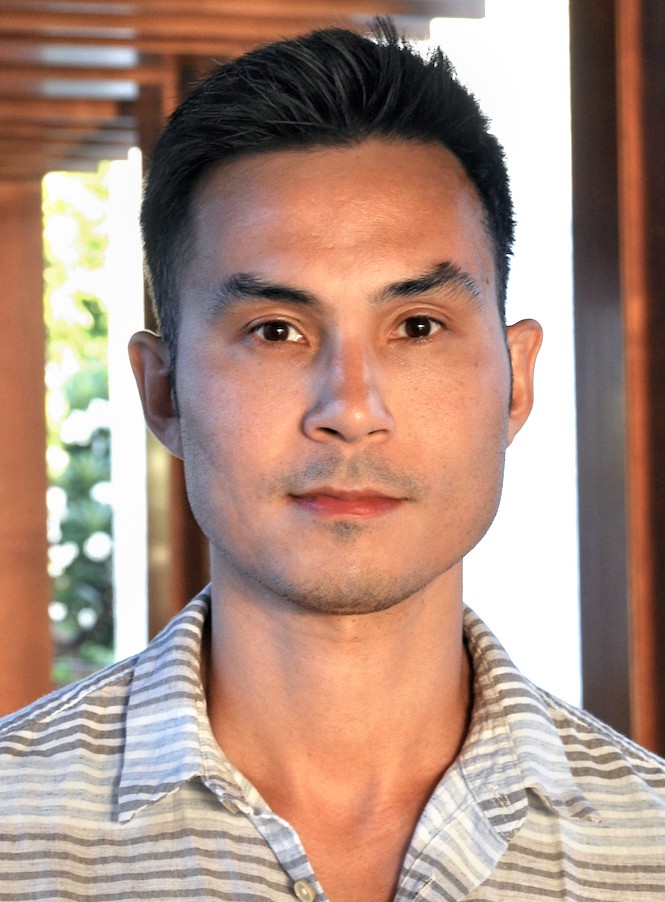Simoes-Costa wins $2.3M NIH New Innovator Award
By Krishna Ramanujan
A Cornell developmental biologist studying the genetic blueprint for how a single embryonic cell develops into a fully formed, complex organism has won a National Institutes of Health (NIH) Director’s New Innovator Award.
With a grant of $2,355,000 over five years, Marcos Simoes-Costa, assistant professor of molecular biology and genetics, will investigate how the spatial complexity of an organism is generated in early development.
“For the human body to be formed properly, different cells have to be positioned at very precise locations,” a process that begins very early in development, Simoes-Costa said.
He and his colleagues will use chicken embryos to analyze how genomes are regulated in space and time to create three-dimensional arrangements of specialized cells.
The study methods will be twofold. First, the researchers will use a new technology, called spatial transcriptomics, that will allow them to examine which genes are being activated at different regions of an embryo. They will look for genetic changes very early in development to trace which genes might lead to the development of specific cell types, such those that make up the head, or trunk.
At the same time, they will incorporate another technique, single-cell RNA-seq, which will allow them to investigate the genetic profile of single cells. This information will reveal the timing and orientation of cells differentiating into various tissues and organs.
These two datasets will be combined to create a three-dimensional model of an embryo very early in development.
Overall, the study will create a methodology that can be adapted for understanding early development in any organism.
While addressing fundamental questions in biology regarding how organisms develop, the research also has practical applications.
The results will have implications for cell therapies, which involve introducing new cells or cell materials to replace or repair damaged or diseased cells and tissues. The project will allow researchers to understand the early triggers that create diseased states in cells, and possibly therapeutically reprogram or manipulate stem cells as they differentiate into specific types of cells to treat such conditions.
Also, a first step for treating congenital diseases will be to understand how normal functioning goes awry in development. “To understand what’s going wrong, we need to figure out how these processes normally work,” Simoes-Costa said.
Additionally, Dr. Chun-Jun Guo, an assistant professor of immunology in medicine in the Division of Gastroenterology and Hepatology and a scientist at the Jill Roberts Institute for Research In Inflammatory Bowel Disease at Weill Cornell Medicine, has also won a Director’s New Innovator Award for a project that will explore how the hundreds of different bacterial species living in the human gut contribute to human health and disease.
And Dr. Simon Scheuring, a professor of physiology and biophysics in anesthesiology at Weill Cornell Medicine, has been awarded a NIH Director’s Pioneer Award for a project aimed at solving long-standing mysteries about the structural workings of important proteins.
The New Innovator Award supports early-career researchers pursuing cutting-edge research that addresses some of the greatest biomedical challenges. The Pioneer Award challenges investigators at all career levels to pursue new research directions and develop groundbreaking approaches to a broad area of biomedical, behavioral or social science. The awards are part of the NIH’s High-Risk, High-Reward Research Program.
Media Contact
Get Cornell news delivered right to your inbox.
Subscribe

